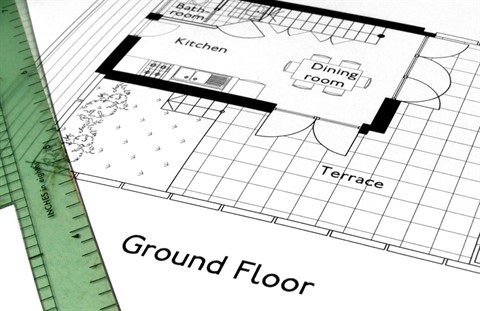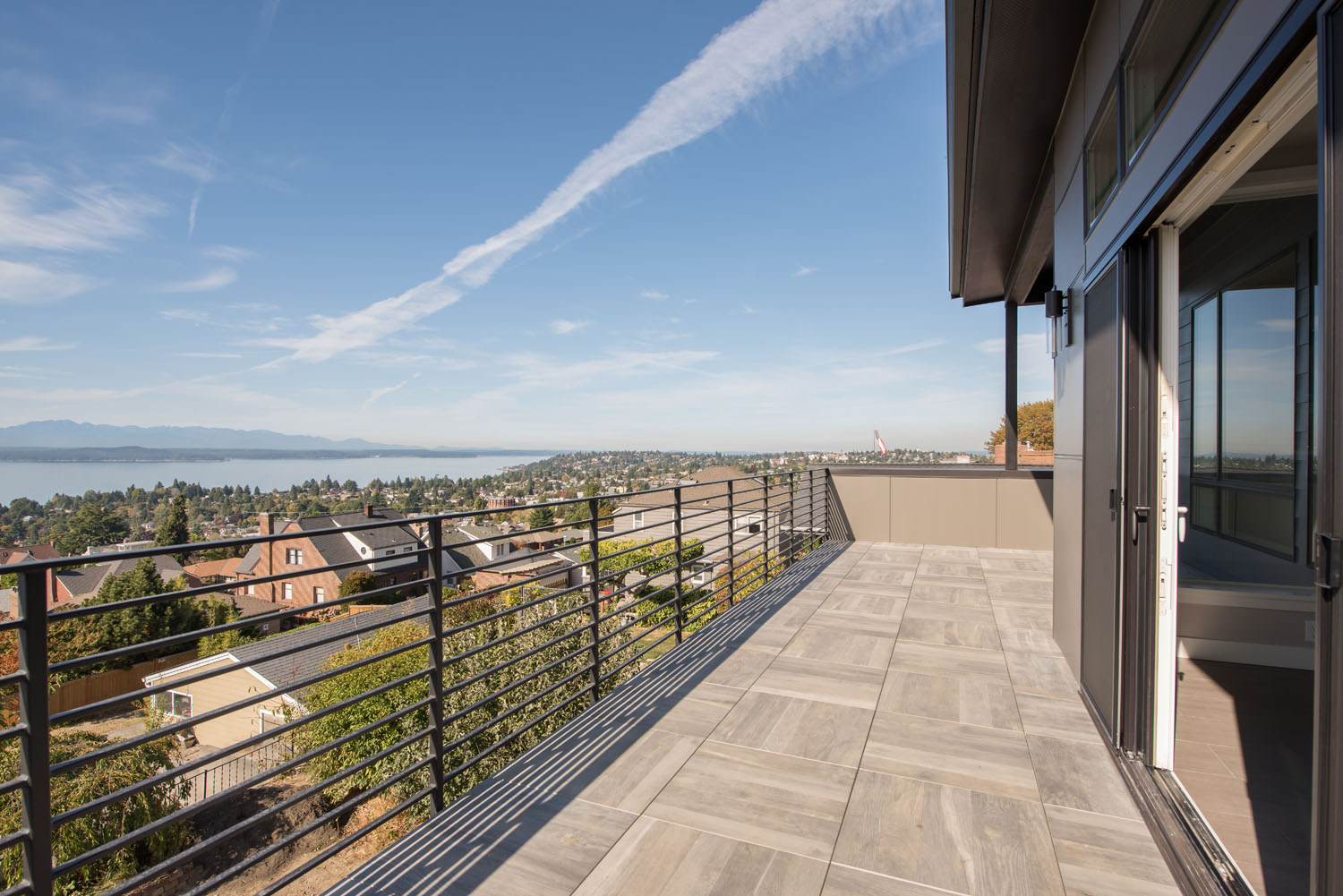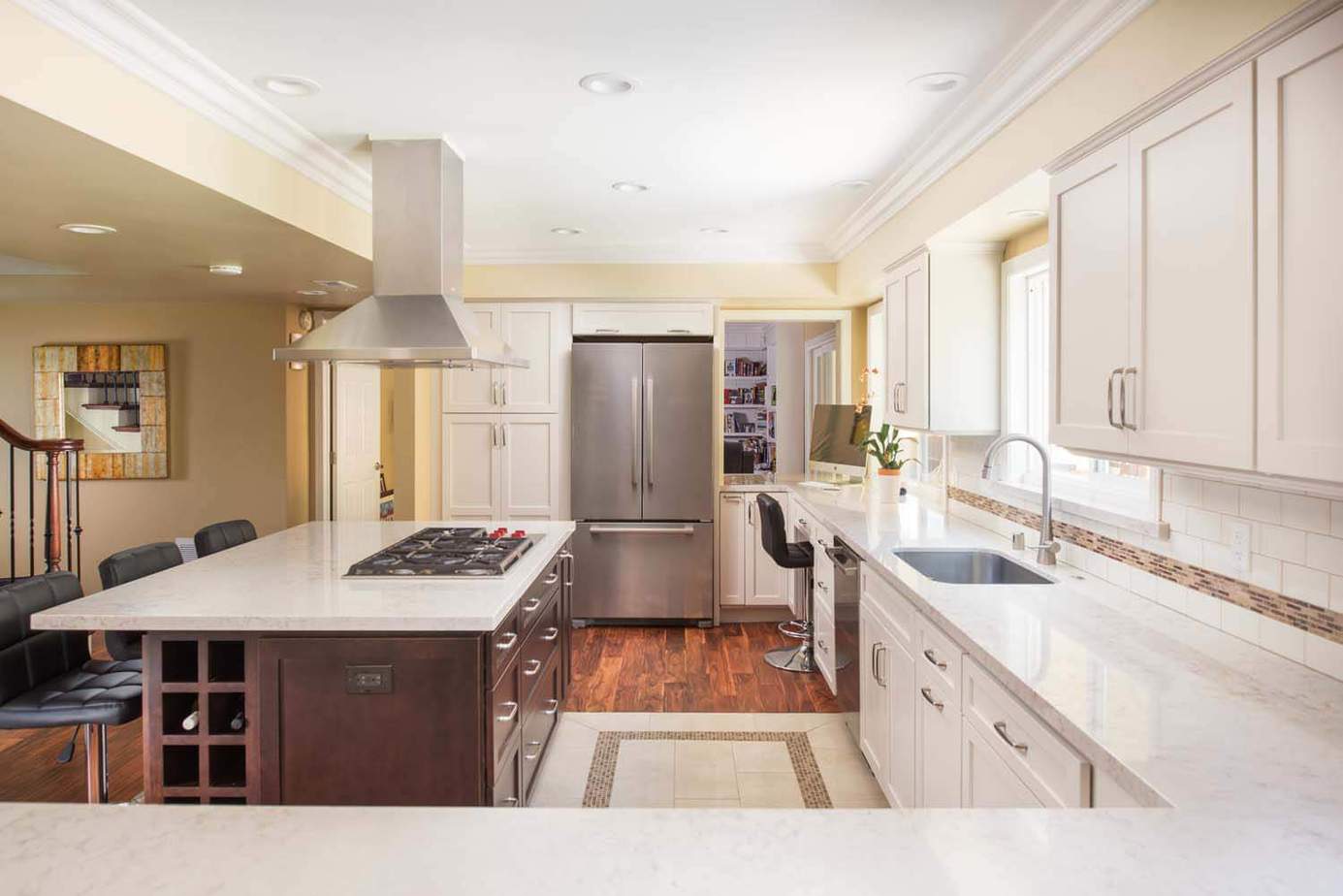What is the Code and why is it important to me?
The Consumer Code for Home Builders (“the Code”) was developed by the home-building industry to make the home buying process fairer and more transparent for purchasers.
Buying a brand new home is an exciting time. But with a new home being one of the largest investments you’re likely to make, it’s important that you understand the process, what you’re buying and what help is available should problems arise.
The Code is designed to help you understand what levels of service to expect from your Home Builder, feel fully informed about your purchase and know your consumer rights before and after you move in. In the unlikely event that problems arise, a speedy, free dispute resolution scheme is available to deal with complaints about breaches of the Code
The Code covers a range of customer service Requirements, including:
Effective customer service training
Clear and truthful advertising and marketing materials
Sufficient pre-purchase information to help you make an informed decision about your purchase
Contact details for the Home Builder and other relevant bodies
Home Warranty information
Contract information including termination rights
Timing of construction, completion and handover
After-sales service
Complaints process
Adopting the Code
Home Builders must comply with the Requirements of the Consumer Code and have regard to good practice guidance.

The Definitive Guide to Liability, Financial Protection, and Risk Management for Builders and Contractors
How Builder Insurance Works and What You Must Do to Protect Yourself with the Right Policies and Coverage at the Absolute Lowest Cost
Start up builders often ask us what policies they need to carry at a minimum. We frequently get the same question from long term builders looking to trim their expenses. Builders may need up to 9 different insurance polices and/or bonds depending on their situation, activities, and tolerance to take out of pocket risk.
At a minimum, almost all builders, regardless of how small or even if they’re a start up operation, will need Workers Compensation, General Liability, and Builders Risk.
Other policies that are commonly carried include:
Property
Business Auto
Excess or Umbrella
License and Permit Bonds
Performance Bonds
and Home Owners Warranty products
The percentages that are indicated on this page are a rough estimate of the percentage of our builder clients that purchase the respective insurance policy. As you can see, it ranges from a low of 1% for performance bonds to a high of 100% for Workers Compensation and General Liability.
Why exactly are all of these policies possibly needed?
Some of these policies are required under state or local law such as Workers’ Compensation, Auto Liability, and License Or Permit Bonds. If you don’t carry these policies you face serious fines and sanctions.
The builder’s bank or lending institution will always require proof of Builders Risk to secure the value of the new start or project for which they have extended the loan. Also, banks want to make sure that they’re lending to a legitimate business as no legitimate business would operate without Workers Compensation and General Liability.

Books Every Builder Should Own
Old-house expert Brent Hull has an extensive library of books about building and design. He believes every builder should have a collection of at least 100 books—with a focus on house design and building styles, because today many builders have become too separate from the architectural field and lack a broader understanding of building design that will better inform their work. He includes a list of titles categorized into historical architecture, building styles, architectural details, and how-to, with additional books to consider beyond those on the list.
If you trace the word “architect” back to its mid-16th-century roots, its meaning is literally “chief builder.” Back then, and for hundreds of years after, a builder was not just expected to be skilled at the manual aspects of the craft, but also knowledgeable in the design side of the process.
Today, many builders are more specialized in their work compared to those generalists of the past, and architects have become solely focused on design. It doesn’t have to be like this. With a bit of self-motivated studying, we can gain a broader education and better understand all of the moving parts that influence what we produce on a day-to-day basis.
Builders have the how-to down pat, but don’t know why they are building what they are building. We know how to frame a house, but aren’t as good with which style is appropriate, or how to keep that style consistent. What we have lost is a deeper awareness of the subtleties of building style, house design, and construction methods, all of which make the difference between a good project and one that is truly excellent.
that the lost arts of building are found in books—many of them old ones. I think every builder worth his or her salt should have a library of at least 100 books, and to help, I’ve put together this list. Many of the titles that follow are out of print and can only be purchased from secondhand sellers; a quick search will show some of them available for viewing online. You can choose the titles that most interest you, but what follows is organized into a guided curriculum of sorts.

Guide for New Home Builders
Included in this guide are all the application forms you may need when building a new home in our beautiful Shire. All, some or none of these forms may be included in your approved cost set out by your builder and/or building surveyor. Please check what is included so that documentation isn’t completed twice
Each department has a direct email to help get your information to the best person efficiently. To ensure everything can be processed quickly, please make sure that all the requested information is attached including
for the total amount. By submitting these forms you are ensuring that all bases are covered and Council has the information required to make a quick decision. In the final section there is a collection of forms for the very end of your build such as requesting a garbage service.
Planning Permits
Depending on where your block it situated you may require a Planning Permit. Complete the Request for Written Planning Advice so that a town planner can assess whether a permit is required or not. If it is not required this will be forwarded to you in writing signed by a Statutory Planner.
Please complete the application and return with the appropriate fee. Please provide all requested documentation to ensure we have the correct information to make a quick and informed decision.
Home Building Tips for Young Families
You’re young, your family is growing, and you’re eager to build the best house possible to last for years and years. Congratulations! Now is a great time to start planning so you can enjoy your home-sweet-home as your family evolves from two to three to many.
The Home Layout
It’s easy to just go with standard layouts when you’re building your first home, but think beyond the given architecture. Imagine yourself actually living in the house. What is most important to you? Colored floor plans make it easy to see areas for entertaining, storage, de-stressing, and flexible space.
For instance, many young couples want to have clear sightlines indoors and outdoors so they can be in constant visual contact with their children. This usually means an open floor plan and window and door access to exterior spaces. Imagine yourself in each room, and envision your ideal visibility level.
Cleanliness
Keeping a home spotless when you have a family is tough, but not impossible by any means. Proper home building planning can minimize clutter. Be sure to include plenty of spaces for overflow of “stuff” that accumulates over the years. Spaces may include closets, pantries and basement rooms.
Safety
We all want safety for our loved ones, and you can make this a mantra throughout your discussions with your preferred custom builder.


